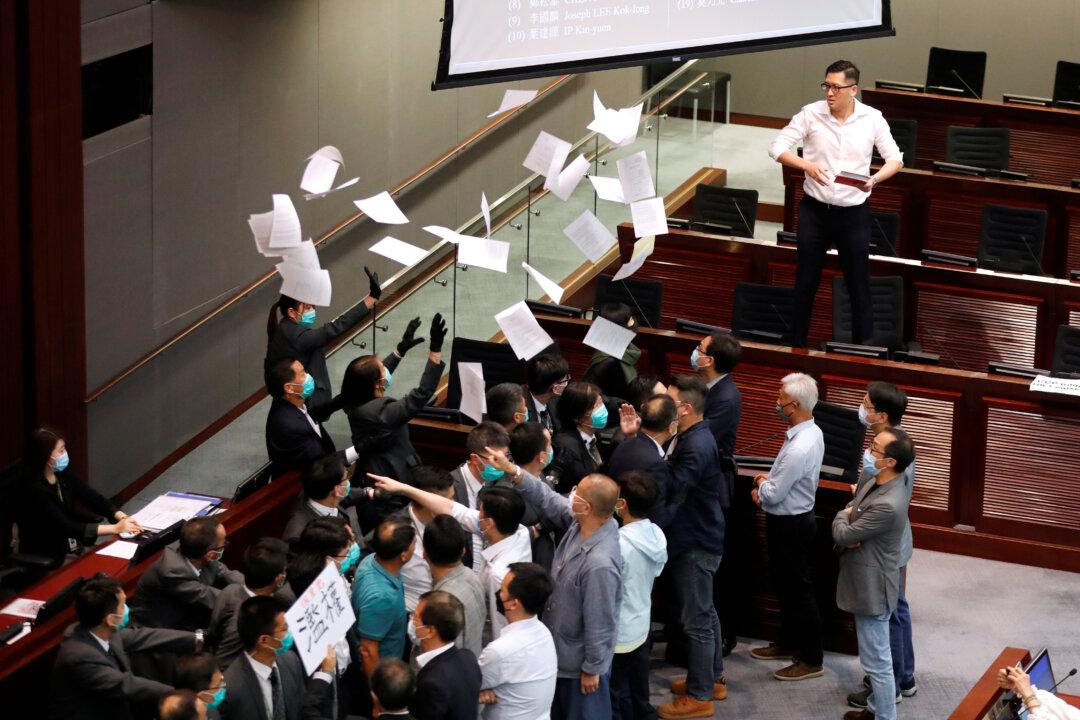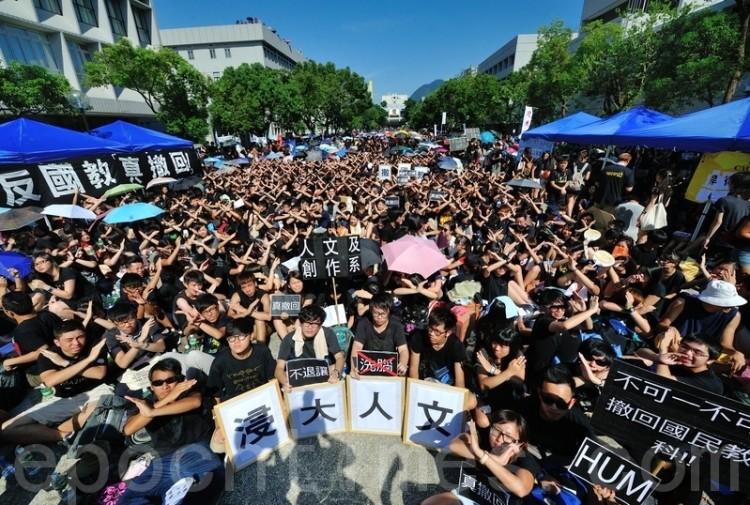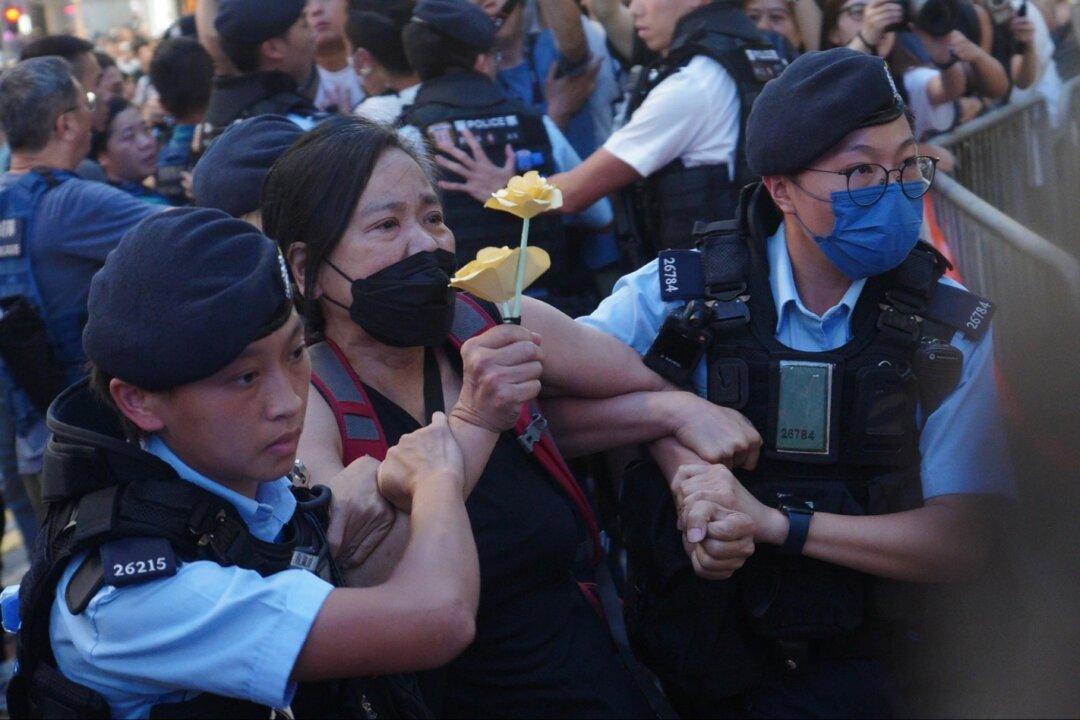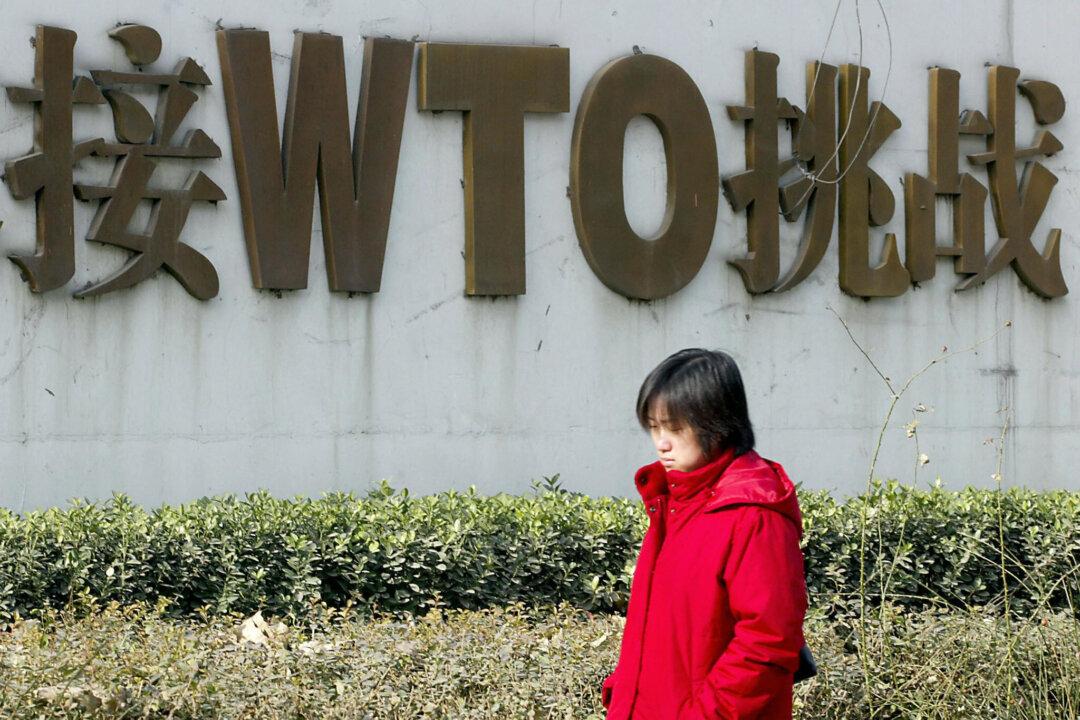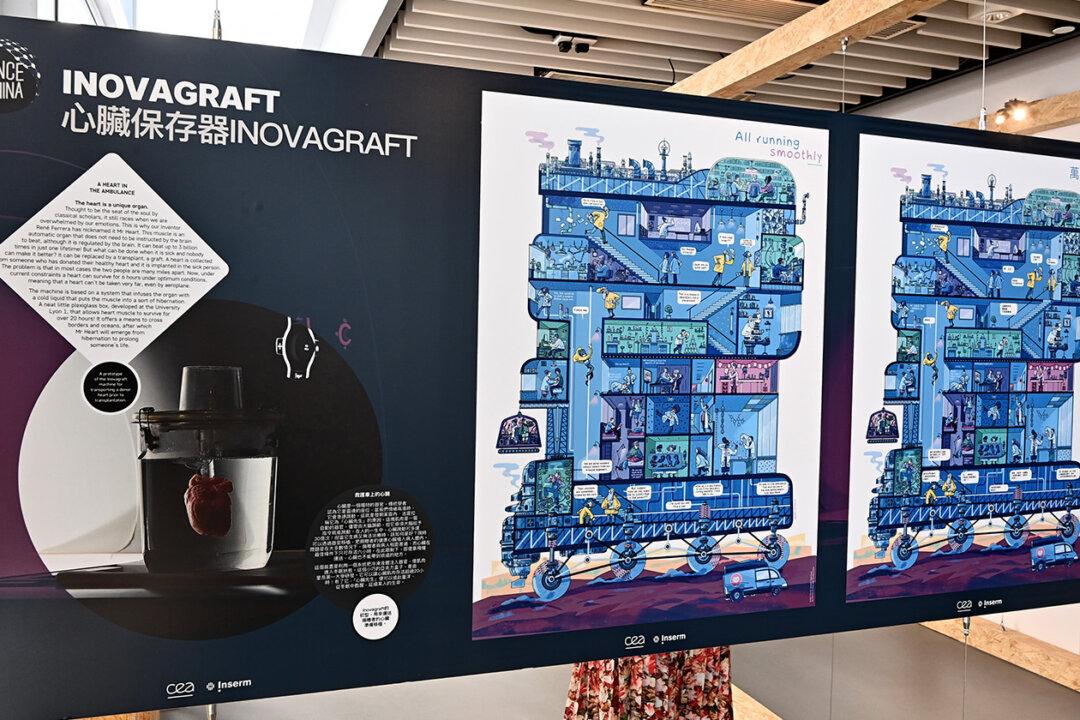Commentary
The Chinese Communist Party’s (CCP) repression policy led to concerted efforts of burnism (mutually assured destruction) in Hong Kong, upsetting all sectors of the economy and ruining education and media. As rational Hongkongers who have lived in Hong Kong for decades, we have to ask: why do the communists commit such mistakes?
